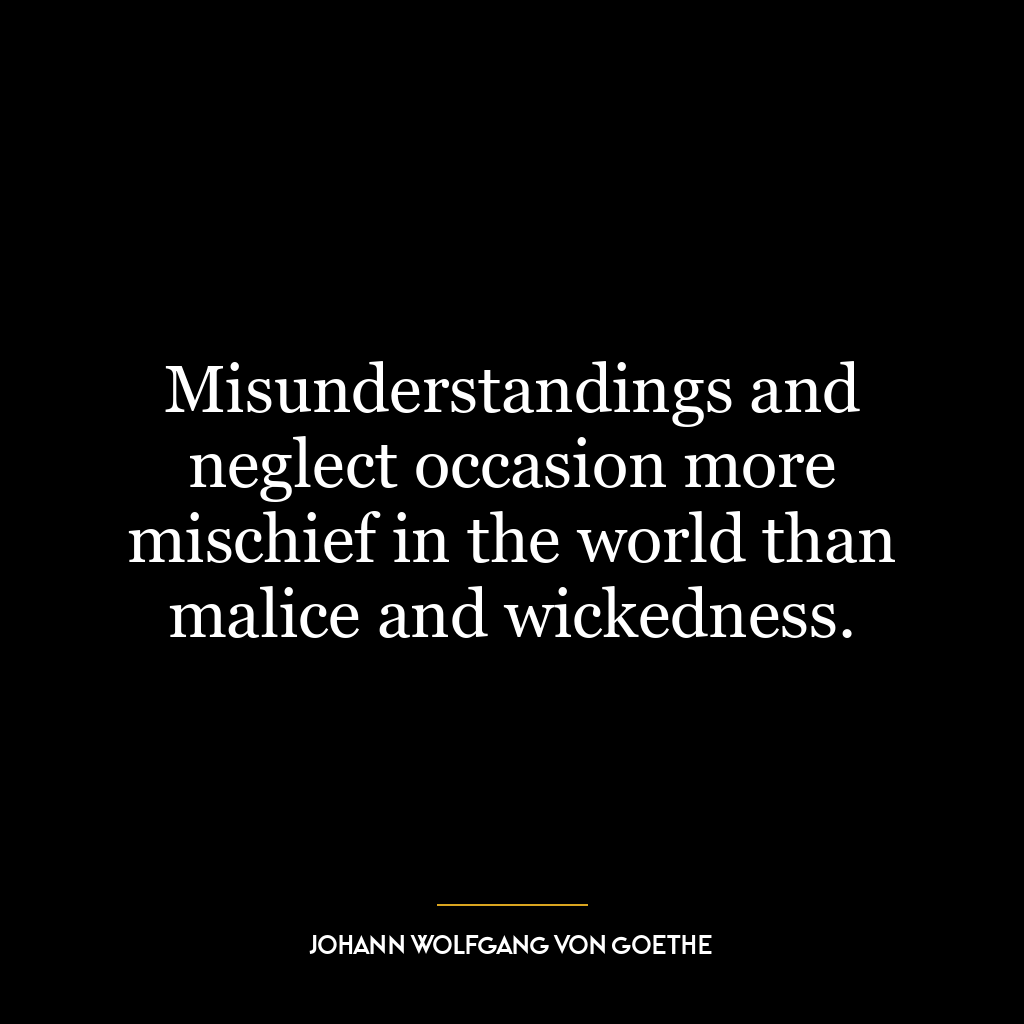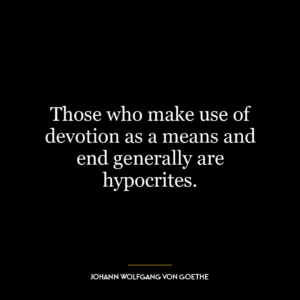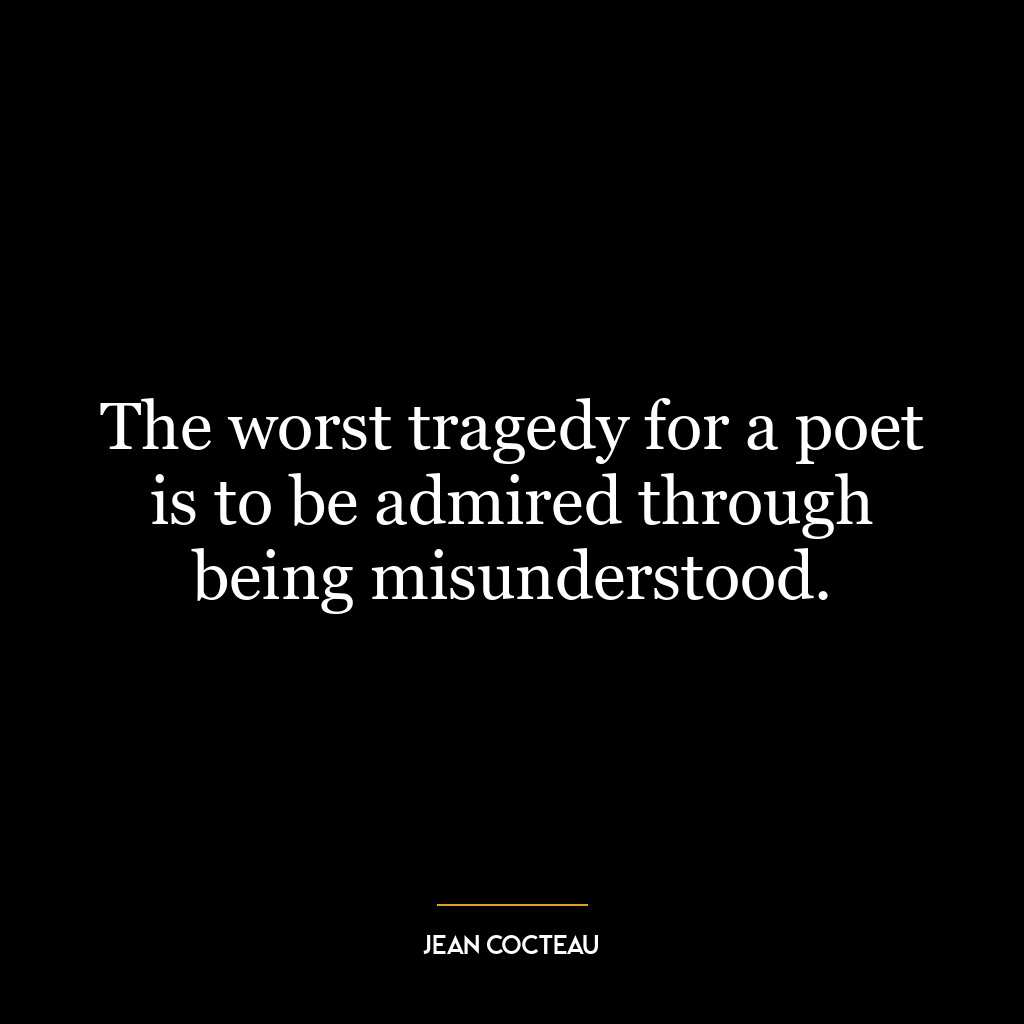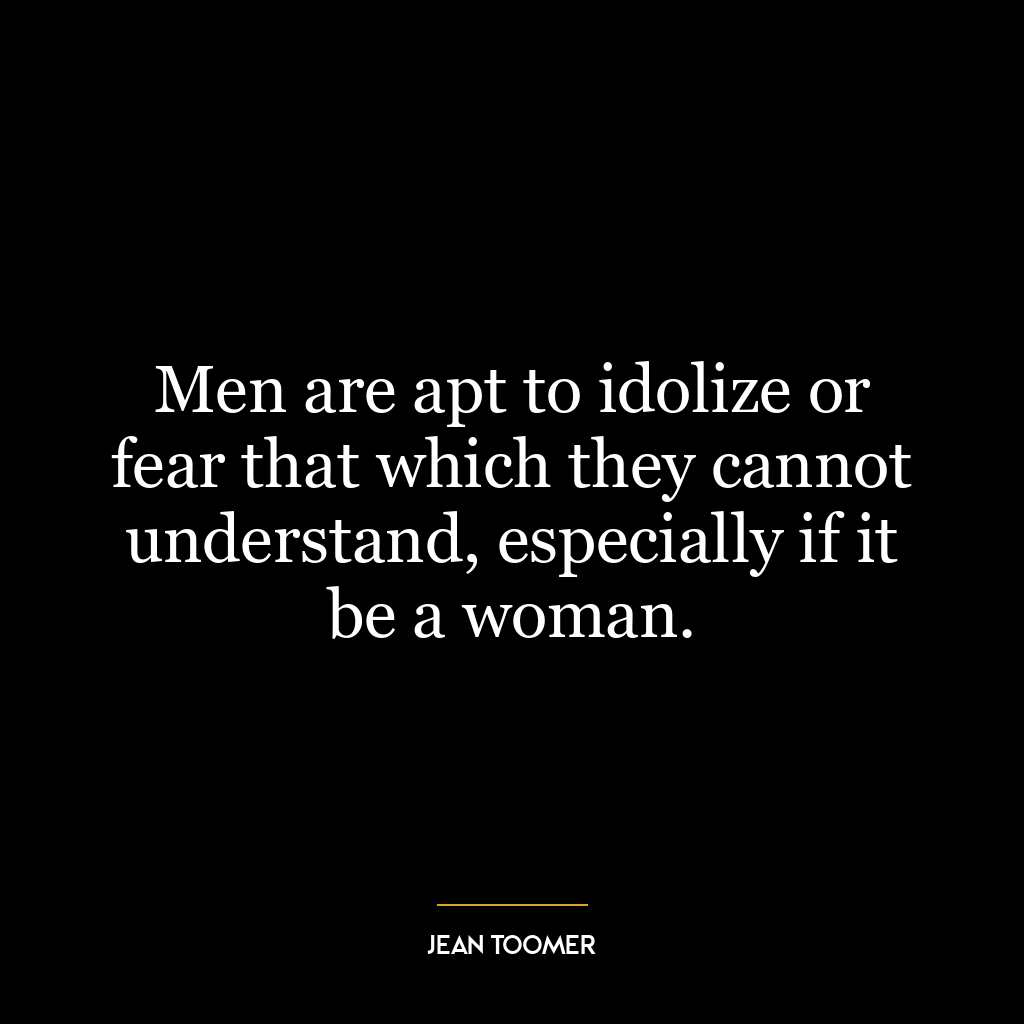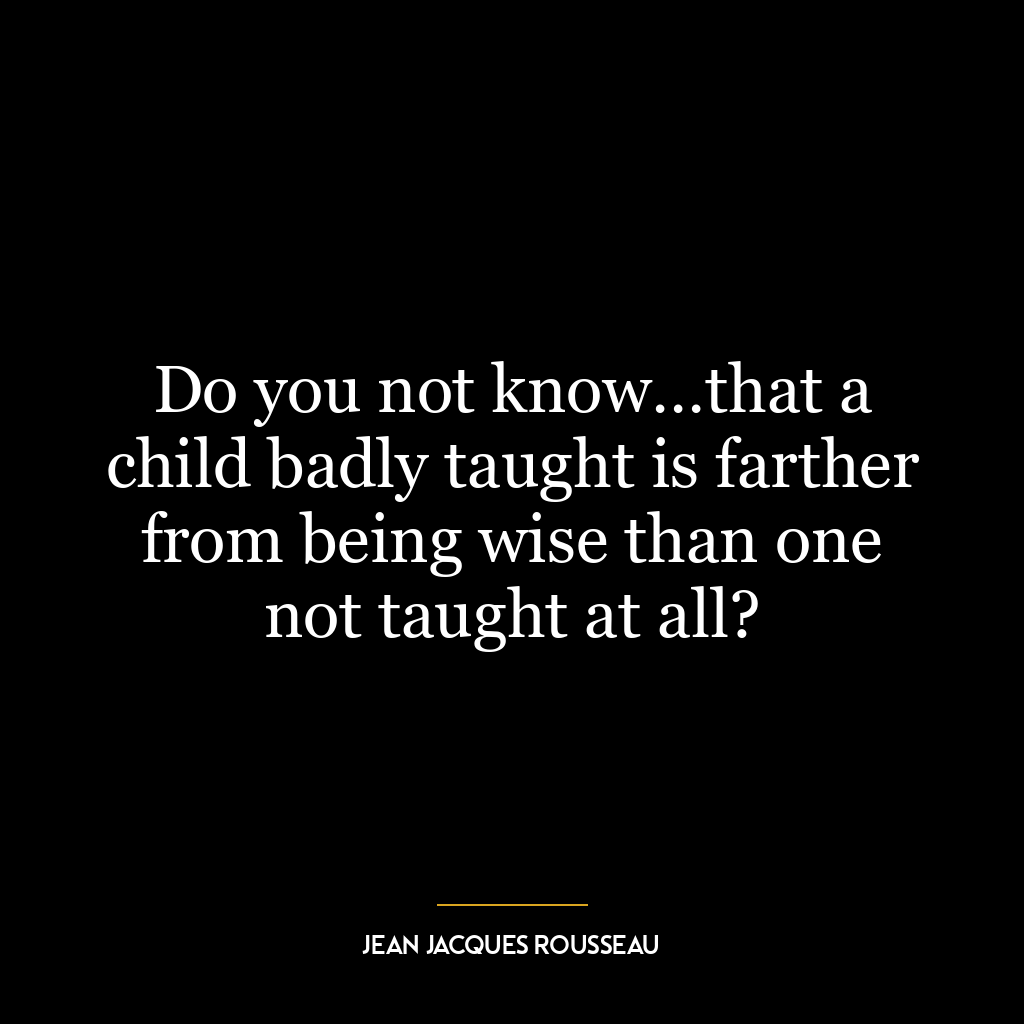This quote emphasizes the idea that most problems in the world are not caused by intentional evil or malice, but rather by misunderstandings and neglect. Misunderstandings can lead to conflicts and disputes, even wars, because they distort communication and create false perceptions. Neglect, on the other hand, can lead to decay and deterioration, whether it’s neglect of relationships, responsibilities, or our own health and well-being.
In essence, the quote suggests that it’s not the people who intentionally do evil that cause most of the world’s problems, but rather those who fail to understand or care for one another. It’s a call to action for everyone to take the time to understand each other better and to pay more attention to the things and people we may be neglecting.
Applying this idea in today’s world, we can see a multitude of problems caused by misunderstandings and neglect. Misunderstandings often fuel conflicts between different cultures, religions, and political ideologies, and these conflicts could be mitigated through better communication and understanding. Neglect is evident in many societal issues, such as climate change, poverty, and mental health issues, where we often fail to take necessary actions until it’s too late.
In terms of personal development, this quote is a reminder of the importance of communication, empathy, and responsibility. It encourages us to strive for clarity in our interactions with others, to empathize with their perspectives, and to take care of our responsibilities. Misunderstandings can be avoided by active listening and asking for clarification when needed, while neglect can be prevented by being mindful of our duties and the people around us.

